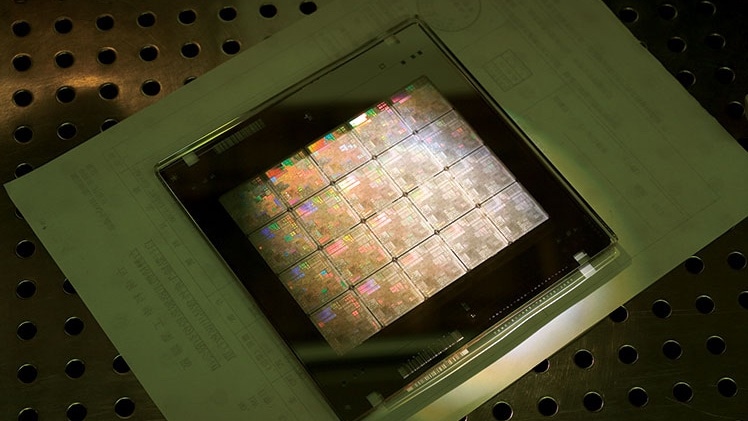President Donald Trump’s recent threat to cancel the CHIPS and Science Act, which offers tax credits to companies that produce processors in the United States, could throw a monkey wrench into plans to boost U.S. chip production. Trump argues that tariffs would do the job better.
That raises questions about the future of Taiwan Semiconductor Manufacturing Company plants being built in Arizona thanks to the CHIPS Act. TSMC’s Arizona chip fabs already make processors for iPhone and Apple Watch.
Returning US chip production: Carrot or stick?
While Apple designs its iPhone and Mac processors, TSMC produces them. That mostly happens in Taiwan, but tax credits in President Joe Biden’s CHIPS and Science Act persuaded the company to move some production to the United States.
An old metaphor describes two ways to get a horse to run: Offer it a delicious carrot or beat it with a stick. Biden used the carrot method on TSMC, but Trump believes in the stick.
“In the very near future, we’re going to be placing tariffs on foreign production of computer chips, semiconductors and pharmaceuticals, to return production of these essential goods to the United States of America,” Trump told Republican lawmakers on January 27. “They left us, and they went to Taiwan, which is about 98% of the chip business, by the way.”
Trump, who’s a fan of tariffs, said foreign chipmakers “didn’t need money, they needed an incentive, and the incentive is going to be, they’re not going to want to pay a 25, 50 or even 100 percent tax.”
Now, the Trump administration reportedly told government employees to scour CHIPS Act contracts for terms like “immigrant” and diversity,” according to CNN. With a Tuesday deadline looming, some government staffers said they fear Trump’s team might modify or even cancel CHIPS Act contracts over the language in them:
The new administration is scrutinizing CHIPS contracts for those buzzwords as it seeks to enforce a series of executive orders President Donald Trump signed in his first days in office.
A sampling: immigrant, undocumented, foreign assistance, Green New Deal, climate change, diversity, equity, racism, discrimination, transgender, LGBT, abortion, pregnant, birth control and fetus. There are nearly 150 terms in all.
The stakes are high: The government has allocated more than $5 billion to the National Semiconductor Technology Center to make sure the US isn’t dependent on China or any other country for the critical semiconductor chips that power everything from artificial intelligence to the cars we drive. Of it, $250 million is allocated to creating a workforce training center based in Silicon Valley.
Congressional Republicans and other conservative critics have complained since the CHIPS Act passed that the Biden administration was making US companies meet too many requirements related to diversity and other liberal priorities in order to qualify for contracts. The Trump administration could simply be looking to modify the contracts to remove those requirements.
The possibility that the administration could go further and cancel contracts raises the prospect that the Trump administration will punish companies for doing what the Biden administration required them to do. It could mean facilities couldn’t be built or the government couldn’t contract with universities to do the cutting-edge research required. It could set the US effort back years.
It’s up to TSMC and Apple
Biden’s strategy is working. The chip fabrication plant TSMC opened in Arizona now makes two Apple processors. And that facility is still ramping up production.
In addition, TSMC is building a second chip factory in Arizona that’s scheduled to make 3nm and 2nm chips starting in 2028. A third fab should begin production of even more advanced processors “by the end of the decade,” according to the Taiwanese company.
TSMC committed to putting $65 billion into building facilities in Arizona, and the company might continue to expand its U.S. operations without the tax credits from the CHIPS Act. The threat of tariffs might do the same job. Or it might not. That’s a decision for TSMC and Apple to make.


